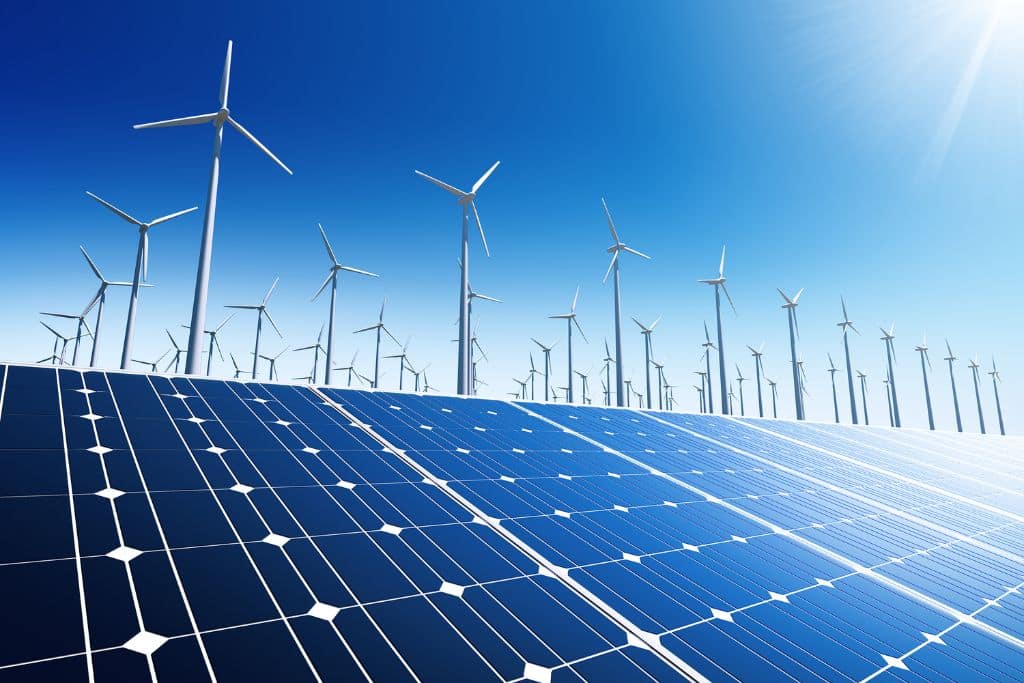Renewable energy sources are reshaping the global energy landscape, offering sustainable alternatives to fossil fuels and mitigating climate change impacts. This article explores the advancements, benefits, challenges, and future trends of renewable energy technologies, highlighting their pivotal role in achieving a cleaner, more resilient energy future.
Advancements in Renewable Energy Technologies
- Solar Power: Photovoltaic (PV) solar panels harness sunlight to generate electricity, with advancements in efficiency, durability, and cost-effectiveness making solar energy increasingly competitive with conventional energy sources.
- Wind Power: Wind turbines convert wind energy into electricity, with innovations in turbine design, offshore wind farms, and grid integration enhancing wind power capacity and reliability across diverse geographic regions.
Benefits of Renewable Energy
- Environmental Sustainability: Renewable energy sources, such as solar, wind, hydroelectric, and biomass, emit minimal greenhouse gases and pollutants compared to fossil fuels, mitigating air pollution, water contamination, and environmental degradation.
- Energy Security and Independence: Diversifying energy sources with renewables reduces reliance on imported fossil fuels, enhances energy independence, and strengthens resilience against geopolitical instability and energy price volatility.
Challenges and Considerations
- Intermittency and Storage: Addressing the intermittent nature of renewable energy sources (e.g., solar and wind variability) requires scalable energy storage solutions (e.g., batteries, pumped hydro storage) to stabilize grid operations and meet fluctuating demand.
- Infrastructure and Grid Integration: Expanding renewable energy infrastructure and integrating decentralized generation sources into existing power grids necessitate investments in smart grid technologies, transmission networks, and regulatory frameworks to optimize energy distribution and reliability.
Impact on Energy Transition
- Cost Competitiveness: Declining costs of renewable energy technologies, driven by economies of scale, technological innovations, and government incentives, make renewables increasingly cost-competitive with traditional fossil fuel-based electricity generation.
- Job Creation and Economic Growth: The renewable energy sector supports job creation in manufacturing, installation, maintenance, and research, contributing to local economic development, skills training, and sustainable employment opportunities.
Future Trends in Renewable Energy
- Energy Storage Innovations: Advancements in battery storage technologies, grid-scale energy storage systems, and hybrid renewable energy projects (e.g., solar-wind farms) enhance energy reliability, grid stability, and renewable energy integration capabilities.
- Emerging Technologies: Exploration of emerging renewable energy technologies, such as tidal and wave energy, geothermal power, and hydrogen fuel cells, offers potential for further diversification of clean energy sources and enhancing energy system resilience.
Conclusion
Renewable energy is pivotal in transitioning towards a sustainable, low-carbon future, offering environmental, economic, and social benefits. As technological innovations and policy support drive renewable energy adoption worldwide, addressing challenges such as intermittency, energy storage, and infrastructure investment remains critical. By accelerating the deployment of renewable energy solutions, fostering international cooperation, and advancing research and development initiatives, stakeholders can unlock the full potential of renewables to mitigate climate change, enhance energy security, and foster inclusive economic growth on a global scale.
